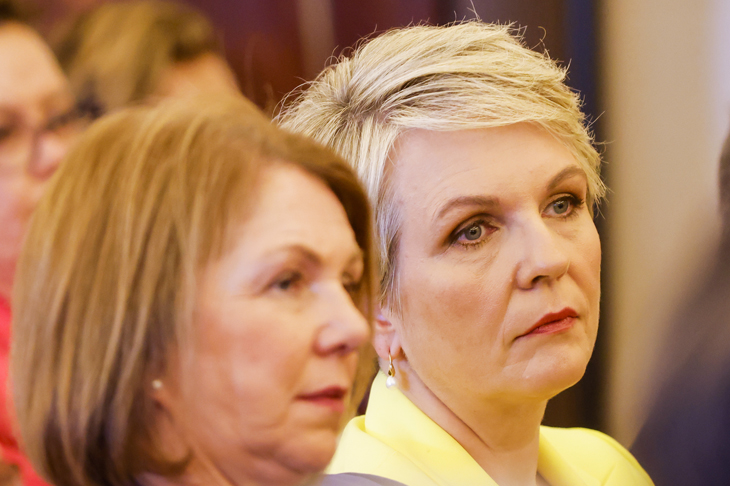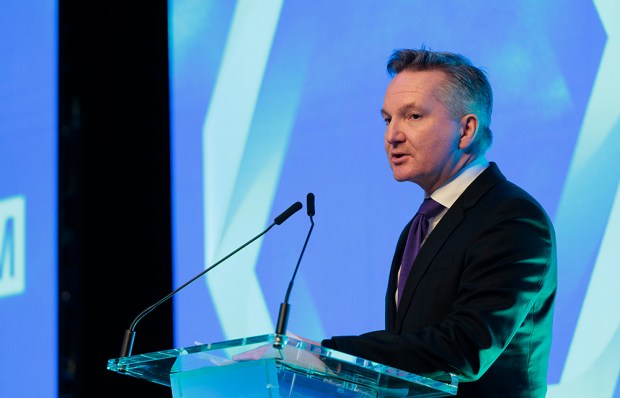It is no longer only a matter of environmental purity at the cost of Australia’s economic prosperity; our standing as a vital element in our region’s stability and security is now at risk. If the anti-fossil fuel – and especially anti-coal – Green/Teal activists prevail with their mounting pressure on the internally divided (on this issue) Albanese government, it promises to seriously damage Australia’s strengthening relationship with India, let alone our long-standing links with regional powers like Japan, Taiwan and South Korea that rely heavily on our energy and metallurgical coal exports.
Last week’s message from Australia’s biggest export customer in India (one of the world’s largest steelmakers) could not be clearer: if Australia’s environmental policies result in no new coal mines, so preventing the necessary increase its coal exports to meet India’s major increases in future demand, it will be forced to buy coal from Russia.
Australia’s potential economic loss is only a part of the problem; far more serious are the strategic consequences of India being denied an essential coal supply by its ‘friend’ Australia and being forced to break the West’s anti-Moscow sanctions. The inevitable result: a diminishing of the effectiveness of India’s strategically important regional embrace through the Quad (India, Australia, the US and Japan).
Tata Steel, which has joined the sanctions on Russia, has told the Palaszczuk government it will have to break this commitment (as will other Indian steelmakers) if Queensland cannot double its current coking coal exports to India over the next decade to meet surging steel demand. Already, Tata Steel relies on Queensland for 60 per cent of its coking coal needs, worth $4.3bn. In total, India accounted for one third of all Australian coking coal exports last year, having been the biggest destination for Australian coking coal in five of the past six years. And it plans to double its steel production to 300 million tonnes a year by 2030.
But all this is on top of the massive potential economic cost of the Green/Teal campaign to ‘keep coal in the ground’. This month, the economic benefits of our fossil fuel exports were dramatically revealed in the latest trade statistics as soaring coal and gas export revenues (resulting from the disruptions caused by Russia’s invasion of Ukraine) brought the largest trade surplus in the nation’s history. This huge benefit to government revenues indicates a potential halving of the forecast budget deficit for the past financial year. It came in the same week the Albanese government’s effectively anti-fossil fuel (especially coal) legislation cutting emissions by 43 per cent by 2030 passed the House of Representatives and was assured passage through the Senate by the Greens. This was despite the government rejecting a Green attempt to lift its target to reduce emissions by 75 per cent by 2030 and reach net zero by 2035, but accepting a few minor amendments.
So how will Labor, professing being pro-mining while severely cutting emissions, walk both sides of the street at the same time? Apart from federal and Queensland governmental rejections of a questionable proposal for an open-cut thermal coal mine and associated power station from Clive Palmer, the Albanese government’s pro-coalmining assurances have yet to be tested against its tough emissions reduction targets.
Federal Environment Minister Tanya Plibersek has declared axing coal and gas mines is ‘not a sustainable or reasonable proposition’. And Annastacia Palaszczuk’s government, which has promised to reach even tougher emissions targets, has also declared its support for the state’s coal industry, pointing to her government’s recent environmental approval to extend New Hope’s New Acland coalmine on the Darling Downs by another twelve years along with last year’s approved $82m metallurgical coalmine extension in central Queensland’s Isaac Plains region, forecast to produce 2.5 million tonnes of coking coal a year for ten years. But governmental hurdles have meant that, so far, the Indian conglomerate Adani (under its Bravus name) is the only venture off the ground of several that have expressed interest in the rich thermal-coal Galilee basin. By their deeds shall you know them.
When my old mate for almost three-quarters of a century, David Barnett died last week just before his 91st birthday, Australian journalism lost one of its icons – and journalist turned politician Pru Goward her beloved husband.
We were not school mates at North Sydney Boys’ High, (I was a year ahead of him) but our long friendship began in 1950 when he was a Sydney Morning Herald cadet journalist and I was its university correspondent and would provide him with copies of my notes from lectures he could not attend. We remained friends as fringe members of the Sydney Push in the Fifties before his series of significant overseas journalistic ventures that began when he travelled as watchman on the hulk of HMAS Shropshire being towed to England to be scrapped.
We became political colleagues when I defeated John Kerin in 1975 to become federal MP for Macarthur and he was my leader prime minister Malcolm Fraser’s impressively effective press secretary – resulting in his not being beloved by his former colleagues in the Canberra Press Gallery who, to his annoyance, dubbed him Mr Bear.
His distinguished journalistic career continued after Fraser’s election loss in 1983, with his last post for the ABC’s The Drum nine years ago when he was in his eighties warning that while Tony Abbott, who had just become prime minister was ‘a tiger in opposition… whether he should be better described as a leopard who cannot change his spots remains to be established’.
Barnett and I remained close friends; visits to his farm on the Yass River confirmed it was more than a hobby and reflected the innate genuine but realistic environmentalism of so many who are close to the land. His ill-health in recent years saw the slow dulling of a lively intellect.
Vale, old mate.
Got something to add? Join the discussion and comment below.
Get 10 issues for just $10
Subscribe to The Spectator Australia today for the next 10 magazine issues, plus full online access, for just $10.
You might disagree with half of it, but you’ll enjoy reading all of it. Try your first month for free, then just $2 a week for the remainder of your first year.














Comments
Don't miss out
Join the conversation with other Spectator Australia readers. Subscribe to leave a comment.
SUBSCRIBEAlready a subscriber? Log in